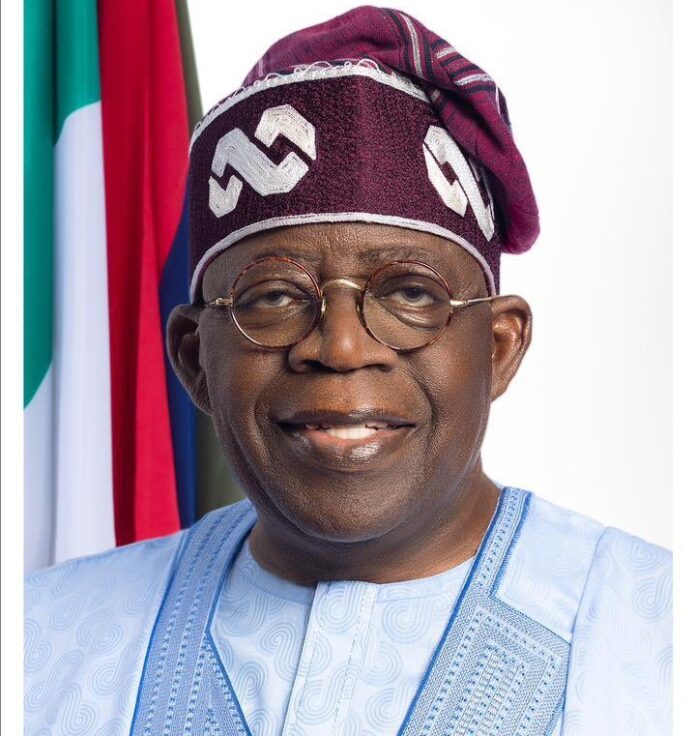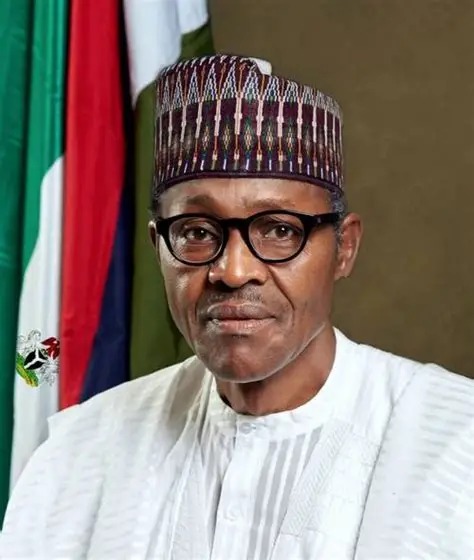By Sonny Onyegbula
President Bola Tinubu’s 4th August national address in response to the nationwide protests against hardships in Nigeria underscored the need for urgent government measures to address the demands of the protesters.
The president’s commiseration with the families of those killed during the protests and warning to trouble makers and hate speech purveyors will resonate with many commentators.
Also, the enumeration of various measures by his administration to address the economic challenges, including reforms in the foreign exchange system is not a bad idea.
However, the speech would have benefited from more specific details with clear time-lines and direction for transformational reforms to turn the economy around and improve the lives of Nigerians.
The President’s call for unity and dialogue is crucial. Acknowledging the legitimate concerns and grievances of the protesters and providing concrete steps to address them would help build trust and foster a more inclusive dialogue.
The government’s next steps could either propel the country forward or perpetuate the status quo.
The presidential broadcast also failed to address allegations of corruption, which is a major concern to Nigerians. The address was missed opportunity to outline government’s commitment to tackling corruption as a national problem.
The President used the occasion to list his administration’s initiatives on economic reform, including the anticipated benefits from the removal of fuel subsidy, and steps toward liberalizing the economy.
However, he could have elaborated on the impact of the economic policies on vulnerable populations, who bear the brunt of increased fuel prices, and concrete measures to alleviate their pain.
The fuel subsidy regime was estimated to be costing Nigeria a staggering 1.3 trillion Naira (approximately $US3.5 billion) annually, and this could not vanish without a replacement plan to mitigate the effects on the most disadvantaged segments of society.
To effectively address the concerns of major stakeholders, the government should consider implementing measures such as targeted transparent and visible social safety nets, improved public transportation, and support for small businesses and entrepreneurs.
This could help cushion the impact of the subsidy removal and ensure a more equitable distribution of the benefits of the economic reform.
The development of Nigeria’s infrastructure is critical to its economic growth, and investments in roads, bridges, railways, power, and oil and gas development are essential and with an infrastructure deficit estimated at $US3 trillion, prioritization is crucial to maximize positive impact.
The government should strategically allocate resources to address the most pressing infrastructure needs, through the public-private partnerships, PPP financing models to bridge the funding gap.
On youth empowerment, initiatives such as the student loan scheme, Consumer Credit Corporation, and digital and creative enterprise programmes are commendable, and can impact young people’s lives significantly if transparently implemented.
However, with over 50% of the country’s youths unemployed, government must intensify efforts to create more jobs, foster entrepreneurship, and provide relevant skills training to equip young people for self-employment. Nigeria can unlock its full potential and drive sustainable economic growth by prioritizing infrastructure development and youth empowerment.
The country’s security and conflict challenges require a comprehensive and multifaceted approach to tackle. The government must develop a strategy to address the root causes of insecurity and conflict, including poverty, unemployment, and inequality. The estimated 10,000 deaths in the past year alone, underscores the complexity of these problems and the urgent need for practical solutions.
To achieve lasting peace and stability, the government should prioritize initiatives to promote economic development, social justice, and inclusive governance. This will involve addressing the grievances of marginalized communities and promoting dialogue and reconciliation, strengthening the capacity of security forces to protect citizens, while respecting human rights.
Other steps are implementing policies to reduce poverty and unemployment, creating social safety nets, and ensuring citizen participation in decision-making processes for Inclusive governance, unity and sense of belonging.
With effective leadership and good governance, Nigeria can overcome the challenges of security and conflict and build a brighter future for its citizens.
In conclusion, while the President’s speech showcased some notable initiatives, it fell short on specificity.
The government must prioritize transparency and accountability, to ensure that resources are utilized efficiently and effectively. This requires concrete action plans, measurable targets, and regular progress updates to foster trust with the people and commitment to meaningful reform.
To foster citizen participation in governance, the civil society, private sector, and other non-state actors must be engaged.
The government should move beyond rhetoric and deliver tangible results to improve the lives of citizens. It is time to translate words into action to unlock Nigeria’s full potential and build a brighter future generation.
Dr. Sonny Onyegbula is a US-based Legal Consultant
![]()








